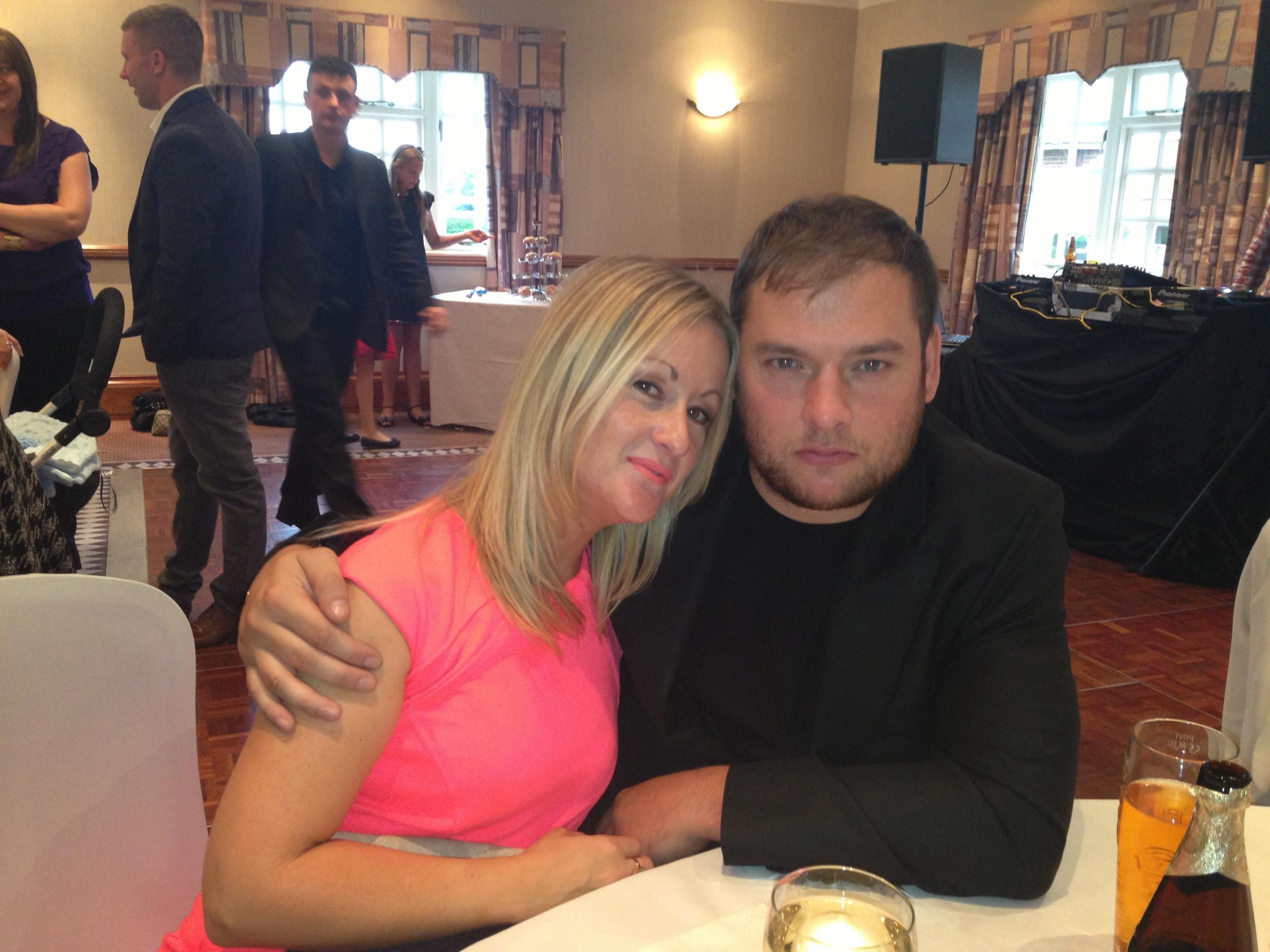Reports to UK’s leading anti-stalking charity double during coronavirus crisis
Exclusive: ‘On my daily walk I feel scared, as there are less people around and no places open that I could turn to for help, so I often don’t go out,’ says stalking victim

Your support helps us to tell the story
From reproductive rights to climate change to Big Tech, The Independent is on the ground when the story is developing. Whether it's investigating the financials of Elon Musk's pro-Trump PAC or producing our latest documentary, 'The A Word', which shines a light on the American women fighting for reproductive rights, we know how important it is to parse out the facts from the messaging.
At such a critical moment in US history, we need reporters on the ground. Your donation allows us to keep sending journalists to speak to both sides of the story.
The Independent is trusted by Americans across the entire political spectrum. And unlike many other quality news outlets, we choose not to lock Americans out of our reporting and analysis with paywalls. We believe quality journalism should be available to everyone, paid for by those who can afford it.
Your support makes all the difference.Reports to the UK’s leading anti-stalking charity have surged during the coronavirus crisis, with contact from stalking victims doubling during the lockdown.
Paladin, which successfully campaigned for stalking to become a criminal offence back in 2012, had an average of 120 stalking victims getting in touch each week ahead of the coronavirus outbreak but this has risen to 254 per week in the wake of the lockdown.
The national stalking advocacy service, which works with police forces around the country, said stalking victims are increasingly fearful due to the Covid-19 emergency.
Zoe Dronfield, a Paladin trustee who was stalked by her abusive ex-partner, told The Independent the charity currently has 140 high-risk cases open that involve stalking victims it deems to be at risk of serious harm or death.
Ms Dronfield said stalking victims are struggling in the wake of the coronavirus emergency due to their perpetrators now knowing where they are at all times, and argued the lockdown would not stop stalkers from tracking their victims.
She said data show restrictions on stalkers’ movements have very little impact — with perpetrators routinely flouting restraining orders or bail conditions.
Ms Dronfield added: “Incidents of stalking are creeping up. It is national stalking awareness week this week so we are worried it is going to spike afterwards. It is very frightening. Stalking is about fixation and obsession.
“Victims say they feel like ‘sitting ducks’. They say they are waiting for something to happen. They have often come off social media because they are being stalked. They are now at home and even more isolated than before. Many victims aren’t going out for daily exercise because they are too scared.
“People are also less likely to contact the police because they think they are busy doing Covid stuff. Charities are bursting at the seams. We are really struggling. People are furloughed. We have had fundraising events cancelled due to Covid. Realistically we need the police to do more. Stalking still isn’t taken seriously by police. They completely minimise the pattern. These incidents can seem unremarkable in isolation.”
Ms Dronfield, a mother-of-two from Coventry, almost died when her former partner attacked her with a meat cleaver. She spent weeks in hospital recovering from bleeding to the brain, a stab wound to her neck and a broken right arm inflicted during an eight-hour ordeal at the hands of her former partner Jason Smith, who was subsequently jailed for 10 years, with a further four on licence, in March 2015.
Ms Dronfield, who lives with her two young children, said she would be “terrified” if she was still being subjected to her ex-partner’s stalking during the government’s lockdown measures.
“The police weren’t taking it seriously before lockdown,” she added. “They said ‘just turn your phone off’ and ‘you need to find yourself a nice boyfriend’. And they would be less likely to deal with it during lockdown.”
Ms Dronfield previously told The Independent she was left fearing for her life after her ex was moved to a jail designed for prisoners deemed to be a low risk to the public. She also discussed the stalking she suffered at his hands.
She said: “He started stalking me after I broke up with him — the phone would be constantly ringing. He contacted me via WhatsApp, Facebook, calling, texting, and just turning up. I had to park my car a few streets away so he didn’t know I was in, but he would still bang on the door.”

Stalking is one of the most frequently experienced forms of abuse, with official figures showing one in five women and one in 10 men will be stalked in their lifetime.
A stalking victim, who chose to remain anonymous, said she was more anxious in the wake of the Covid-19 emergency.
“On my daily walk I feel scared, as there are less people around and no places open that I could turn to for help, so I often don’t go out,” she said.
Paladin, which carries out risk assessments on stalking victims before advocating on their behalf to the police, said its funding was at risk and this was affecting its ability to cope with the growing demand for its services.
The organisation, which has launched a fundraising campaign to raise money, is offering support for stalking victims via an online clinic. It is calling for people not to forget about loved ones who are at risk of stalking, arguing many wrongly assume the lockdown will stop stalkers.
Paladin is also urging the government to introduce a national register of serial stalkers and domestic violence perpetrators — arguing domestic abuse is rarely a one-off isolated incident and perpetrators often continue committing similar attacks.
A study by the University of Gloucestershire on the relationship between stalking and homicide involving a female victim and male perpetrator, found that in 71 per cent of cases the victim and perpetrator were in, or had previously had, an intimate relationship.
It found stalking was identified in the run-up to 94 per cent of the 358 criminal homicides examined.
Join our commenting forum
Join thought-provoking conversations, follow other Independent readers and see their replies
Comments